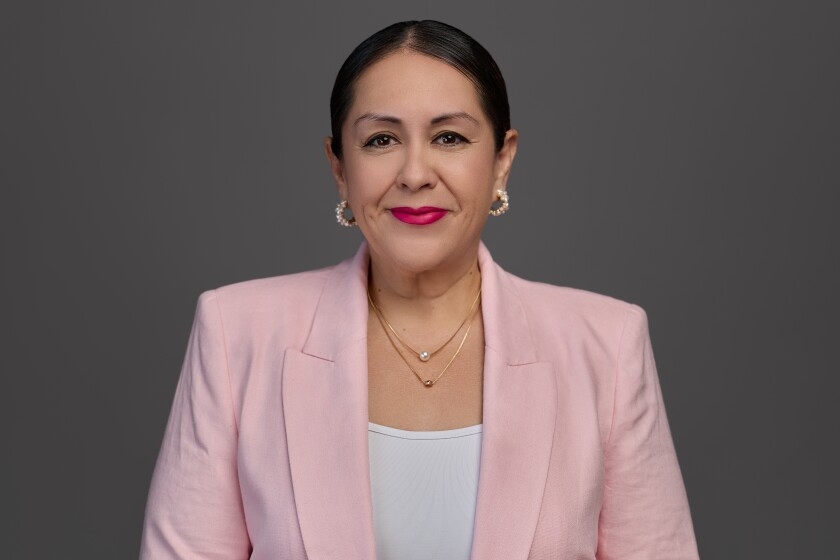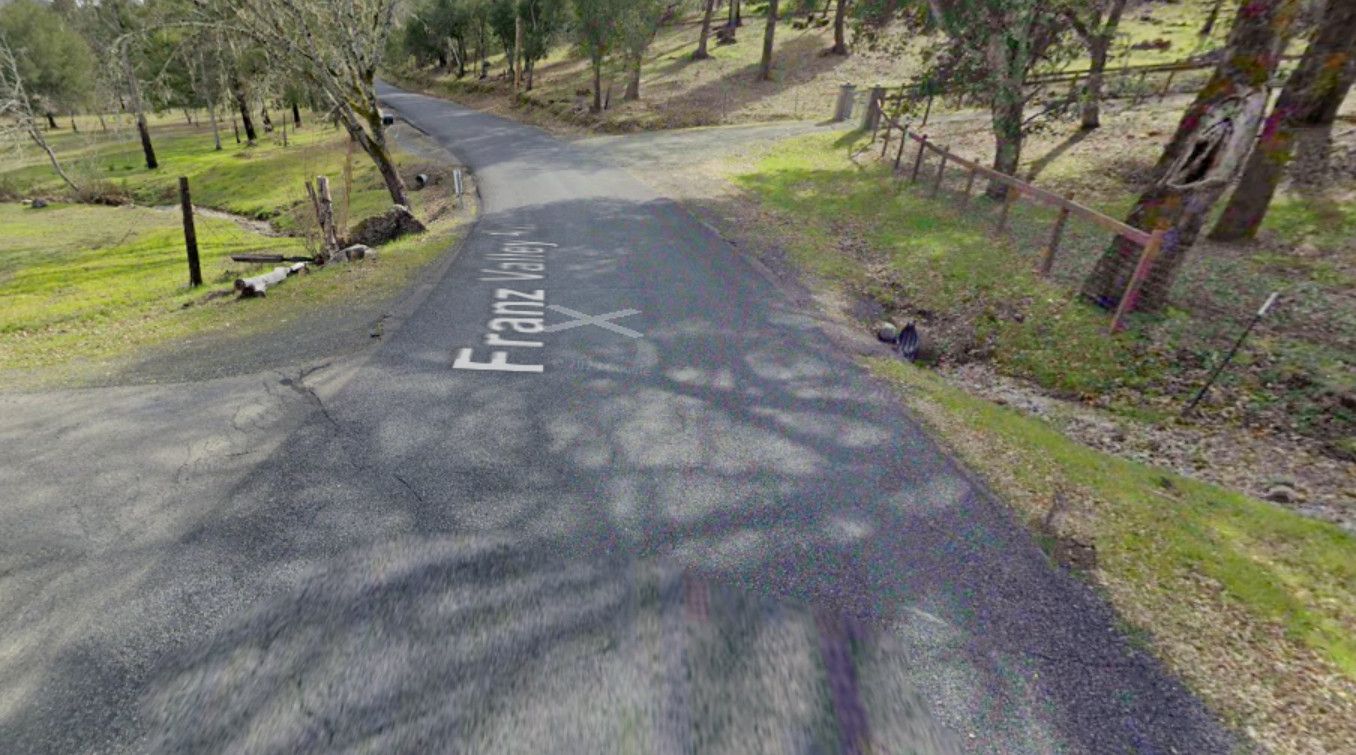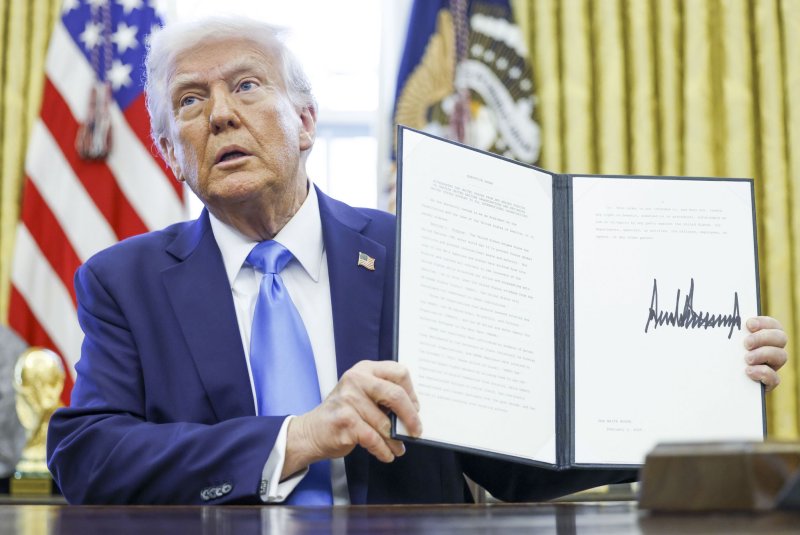In light of President Donald Trump’s threats of mass deportations, Chicago-area high schoolers with undocumented parents are weighing whether it’s worth it to fill out the Free Application for Federal Student Aid, or FAFSA.
“It’s creating an additional barrier to keep Brown kids out of college,” said Aidé Acosta, chief college officer for the Noble Schools charter network in Chicago.
Students submit the form to access federal loans and grants to cover tuition and other costs of attendance. Most rely on this funding to afford college. Filling out the application requires sharing personal information about students’ parents, even if they are undocumented — and it’s unclear if the Trump administration could one day use this data for immigration enforcement.
“By law, this information is protected, but that’s right now,” said Karla Robles, chief program officer for the college-access organization OneGoal. “That’s current fact. We don’t know what will happen.”
Students contacted for this story were too scared to share their experiences, even anonymously, for fear that their parents could be singled out by immigration authorities.
The Trump administration has not announced plans to use information shared on the FAFSA for deportation proceedings. According to the National Association of Student Financial Aid Administrators, no parent has so far been targeted as the result of a FAFSA submission.
Still, Robles wants students and families to be aware that this could change. Beyond that, she said, her staff is telling students that they should make a decision based on their individual circumstances.
“On one hand, we’re providing guidance that says, ‘Hey, this is a deeply personal decision that students need to make with their families,’ and we want them to be informed of the risks that might come,” Robles said. “But we also want to acknowledge that there is an incredible opportunity in completing the FAFSA for many of our students. It’s the gatekeeper for them to even pursue education after high school.”

Aidé Acosta, chief college officer for the Noble Schools charter network in Chicago.
Acosta said families and their counselors need to not only consider the risks of submitting the FAFSA but also what a student and their community might lose out on if they don’t submit the application.
“I feel very committed to college access for Black and Brown children as the most predictable and sustainable pathway for our youth, not only to be able to find financial freedom … but to create positive multigenerational change,” said Acosta, who was once undocumented herself.
Mixed immigration-status families take risks every day, she added, and some may already have information on file with the federal government if they have filed taxes, for example, or submitted the FAFSA in previous years.
“I have never believed that people’s information was safe,” Acosta said. “You can ask DACA recipients: Even if they were told that their information would not be used by other entities, most applicants were well aware that they were making a choice with some risk.”
It is too early to know how Trump’s threats are affecting the number of FAFSA submissions from mixed immigration-status families this college application season. Anecdotally, Robles, Acosta and other educators say students with undocumented parents are still choosing to turn in the form, despite the risks.
“Students are like, ‘I’m gonna f- – – -ing get my degree,’ ” said Tanya Cabrera, chair of the Illinois Dream Fund, a scholarship program for students from mixed-status families. “‘It’s going to happen no matter what, and we’re taking that risk.’ And parents are like, ‘We came here for a better life and to be productive members [of society]. And if we can’t do that, at the very least, we can make sure our child gets their degree.’ ”
Lisa Kurian Philip covers higher education for WBEZ, in partnership with Open Campus. Follow her on Twitter @LAPhilip.
#Trump #administration #Chicago #students #applying #financial #aid












Leave a Reply